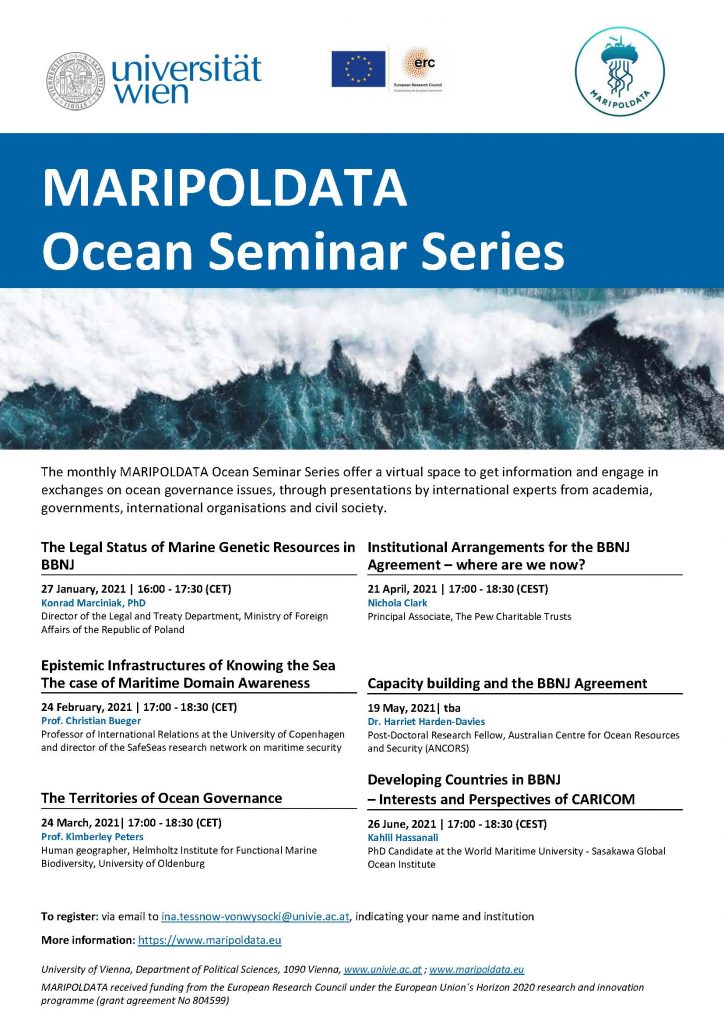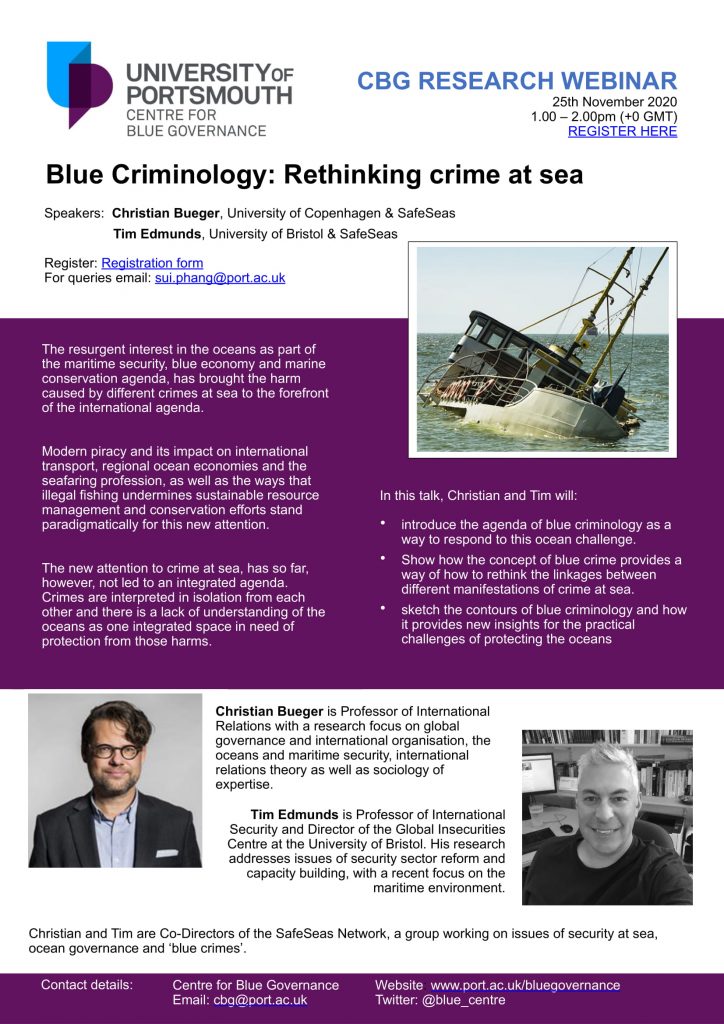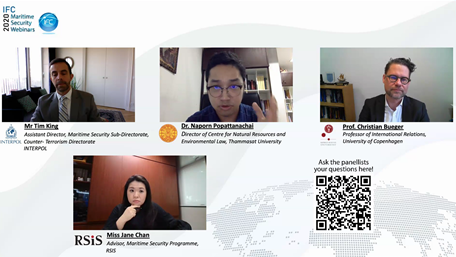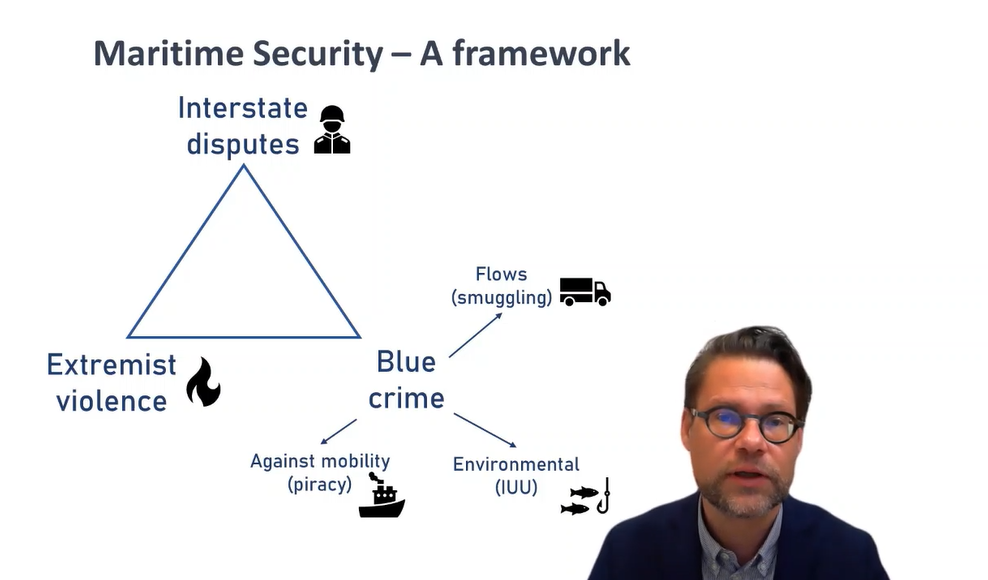This week the most important informal governance forum addressing piracy in the Gulf of Guinea, the G7++ Friends of the Gulf of Guinea, is holding its meeting. A recording of the event is available here.
Upon invitation of the current chair, the US Department of State, I am giving a joint presentation with the Danish Ministry of Foreign Affairs. We were invited to speak about how academic research might inform counter-piracy efforts.
The background is our research project AMARIS which is funded by the Danish Ministry of Foreign Affairs. AMARIS analyses maritime insecurity in Ghana, and aims at informing policy by studying a paradigmatic case in the region. Our questions are: What can be learned from Ghana for the region? How can maritime security governance be reformed and what is the role of international assistance?
In the presentation I argue that academics can inform responses, on three levels:
- Providing a better understanding of what the problem of piracy actually is by contextualising it, comparing it, and offering insights on structures, change and root causes.
- By analysing what works and what doesn’t and laying out new alternative actions not previously considered.
- In being directly part of the response, through awareness raising measures, science diplomacy or training and education activities.
With the presentation I hope to address some of the misunderstandings in terms of what academics can do and what not, but also ensure a more productive dialogue.
Contact me, if you are interested in a copy of the presentation or want to watch the video.



